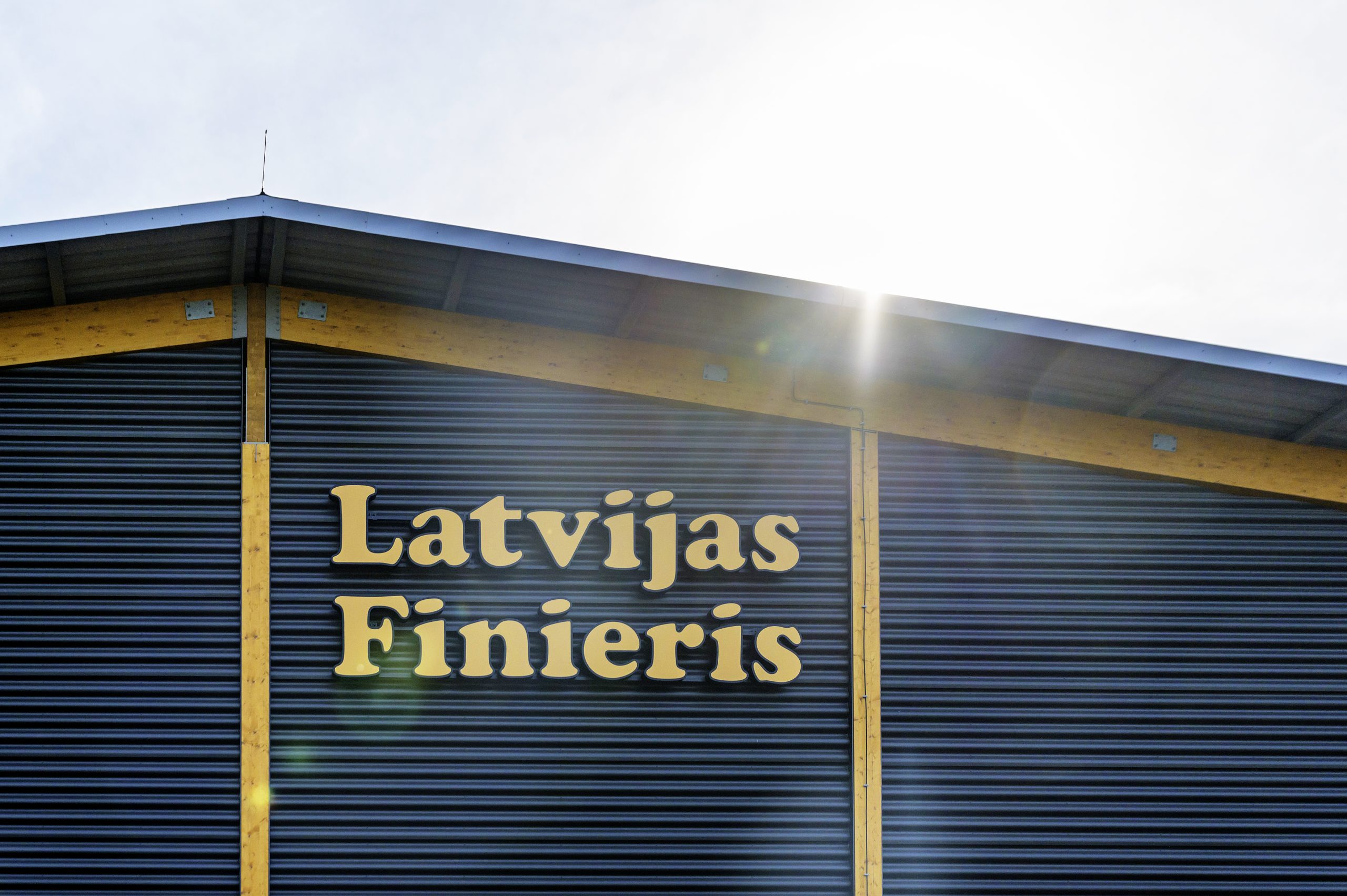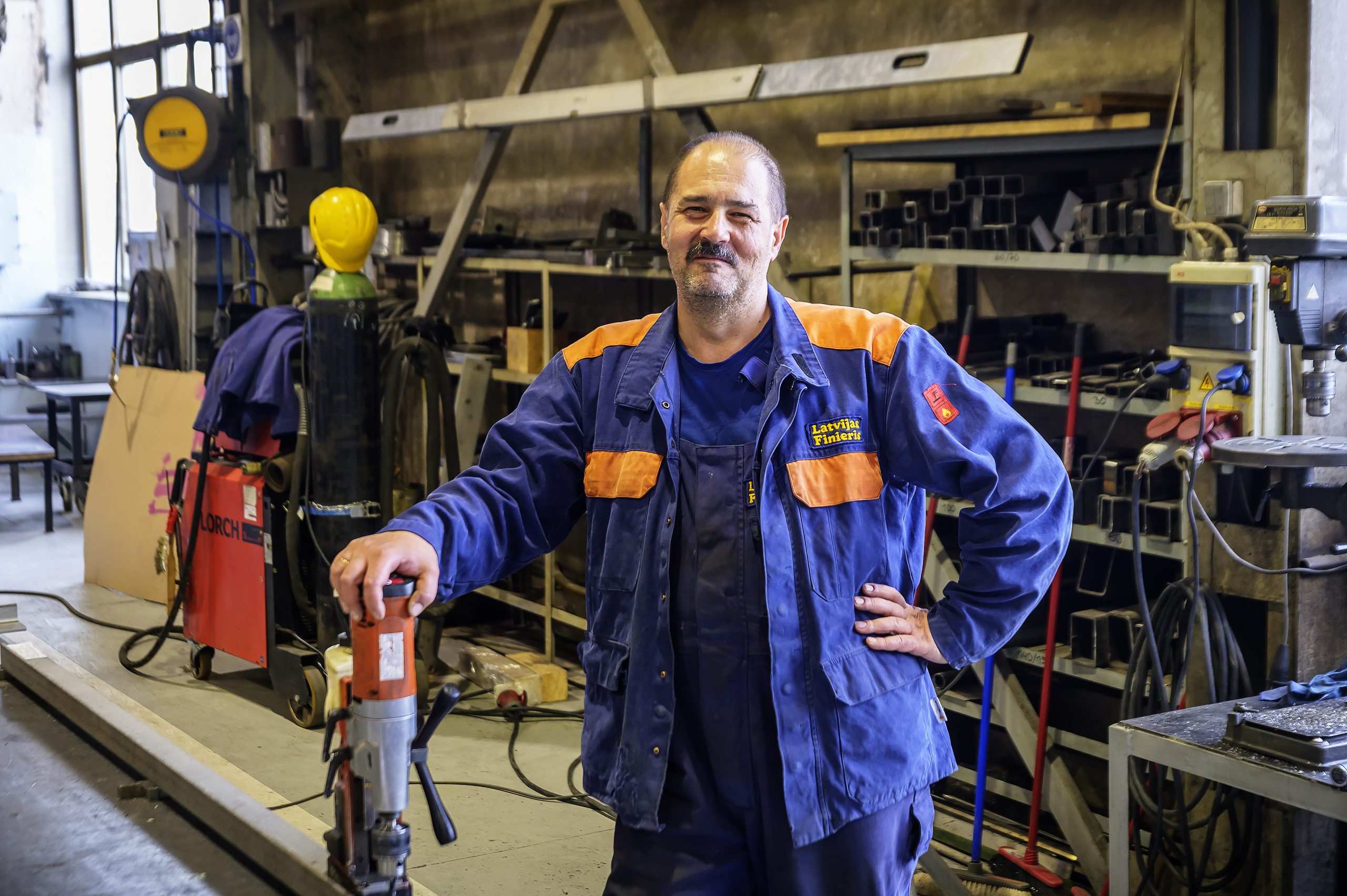The European Commission opposes the sanctioned entry of timber products from China
18.06.2025
This week, the provisional anti-dumping duty rates imposed by the European Commission in May on hardwood plywood from China, including birch plywood products, came into force. These rates will be in force for the remainder of the investigation until November this year.
The provisional anti-dumping duty rate of 25.1% for the Chinese company Pizhou Jiangshan Wood Co., Ltd and 62.4% for all other Chinese companies reflects the magnitude of the dumping and the extent of the negative effects caused. The proposed tariffs are justified as the prices of Chinese plywood will converge to the current cost and price level of the EU producers after the imposition of these tariffs. This safeguard will help ensure fair competition for our producers while creating secure and predictable supply conditions.
The aforementioned investigation was initiated in October 2024 in response to complaints by several EU producers against Chinese imports of hardwood plywood. The Greenwood Consortium’s investigation revealed significant dumping of up to 144.3% and 192.7%, with a negative impact on European producers.
Illegal and unfair trade in plywood in the EU has long posed both economic and political risks. Recently, several indications of sanctions evasion have been detected, with Russian or Belarusian birch plywood entering the EU via third countries such as Egypt, Kazakhstan, Uzbekistan, Georgia, Turkey, and even China.
Latvijas Finieris has actively cooperated with international and national institutions for several years to promote market transparency and curb the circulation of illegal products. In cooperation with the European Commission, the European Panel Federation and the Latvian authorities, we regularly analyse market data and information on the origin of the wood. Thanks to our joint and results-oriented activities, significant progress was made in 2024, with imports of illegal plywood in Latvia falling by a factor of 30 compared to the previous year. It is important to note the solidarity and good practice demonstrated by the Ministry of Foreign Affairs, the State Revenue Service National Customs Board, the State Forest Service, and other public sector institutions. However, the problem persists in other EU countries where such timber products are imported and further shipped to other EU Member States.
As the European leader in birch plywood, we fully support stronger trade defence mechanisms based on fair competition and sustainable forestry. The Commission’s provisional decision confirms that Chinese producers are actively dumping, which not only threatens the competitiveness of EU producers but also poses risks to consumers, including the illegal access of timber products to the market.
We appreciate the European Commission’s initiative while calling for the utmost vigilance. We are already seeing the first signs of attempts to circumvent anti-dumping measures: slight but economically unjustified technical modifications to the product and inaccurate labelling. Several Chinese producers refer to sourcing raw materials (birch logs and veneers) in the EU and directly in Latvia. However, Eurostat and Latvian data on exported volumes to China are insignificant and certainly insufficient for the volumes of imported birch plywood in the EU. The documents prepared and certifying origin are often copied several times or falsified. At the same time, imports of birch logs, veneers and plywood from Russia to China continue to increase. In our experience, there are unfortunately cases where the organisations representing the international certification system (FSC, etc.) for raw materials fail to provide consumers with assurance as to the origin of the products. We hope that the European Commission will act decisively to prevent these unfair and illegal practices.
EU producers – including Latvijas Finieris – will continue to monitor the market situation with determination, regularly assessing import volumes, price dynamics and the authenticity of documents of origin.
Plywood, especially birch plywood, is an important source of revenue for Russia and Belarus. EU sanctions prohibit, directly or indirectly, the purchase, import or transfer of plywood and other wood products originating in or exported from Russia or Belarus. Related services, including brokering, logistics support and warehousing, are also prohibited. In addition, a number of oligarchs with links to the timber industry in Russia and Belarus are included in the EU’s list of individual sanctions, which includes a ban on making funds or economic resources available to them, directly or indirectly.
To sell their plywood in the EU, Russian and Belarusian producers use third-country companies to repackage and relabel their products. These companies try to hide the true origin of their products by submitting false or misleading documents, including invoices, certificates of origin, proof of sourcing and independent third-party certificates such as green labels. Goods are delivered by road, rail or sea. The EU, therefore, strictly checks the origin of imported plywood in all supply chains.
I would like to conclude by pointing out that
any consumer who knowingly purchases sanctioned goods and products, including wood, is participating in the financing of the ruthless and brutal Russian ‘war machine’.
Mārtiņš Lācis, Member of the Board of Latvijas Finieris











